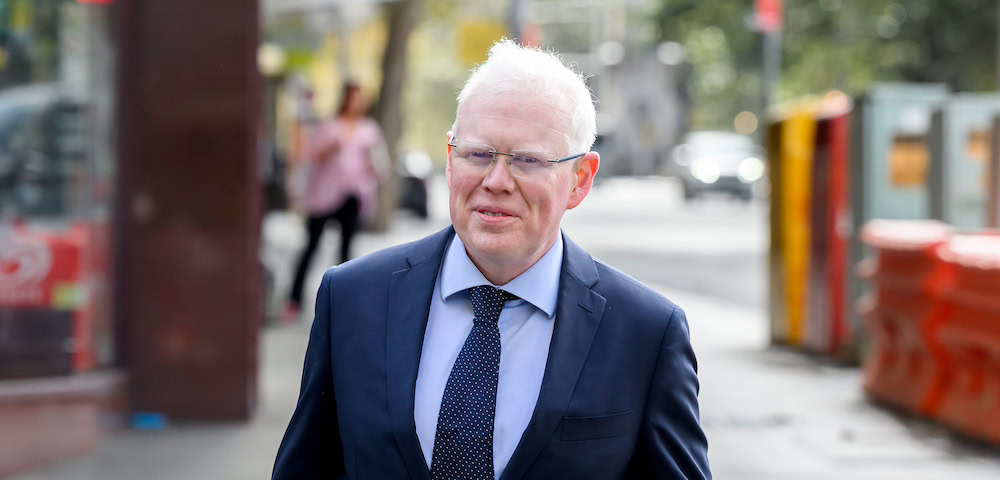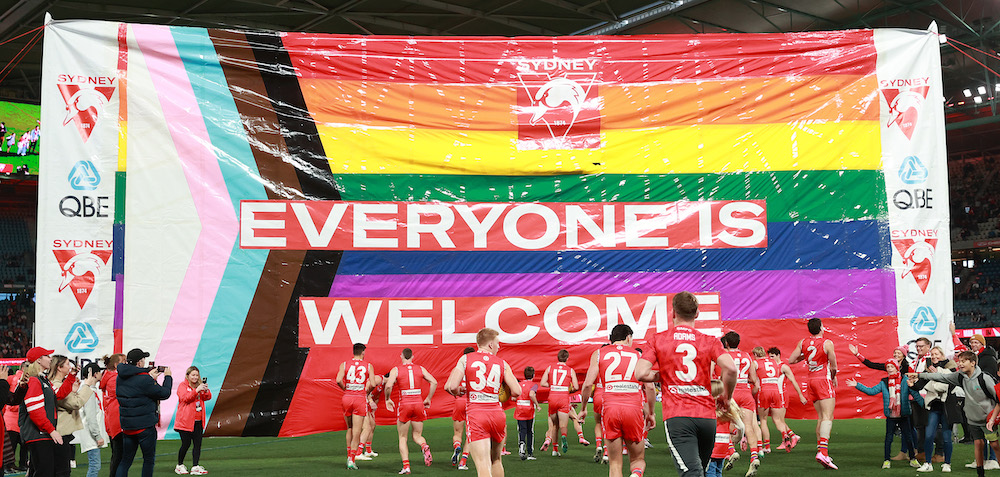
Gaming Platforms Pull LGBTQ+ Titles After Campaign By Aussie Anti-Porn Group

Steam and Itch.io, two of the largest online platforms for games and visual novels, have removed thousands of NSFW and LGBTQIA+ titles after lobbying from an Australian anti-porn group.
The group in question, Collective Shout, is an Australian-based organisation that describes themselves as “a grassroots campaigns movement against the objectification of women and the sexualisation of girls”.
On July 11, the group published an open letter to payment processors, including Visa, Mastercard, Discover, and PayPal, in which they claimed to have found “hundreds of other games featuring rape, incest and child sexual abuse” across the two sites. They say the content is ” too distressing for us to make public”, and called on the companies to “immediately” end dealings with Steam and Itch.io.
Only days after the letter was published, Steam introduced new rules for publishers banning “content that may violate the rules and standards set forth by Steam’s payment processors and related card networks and banks, or internet network providers. In particular, certain kinds of adult-only content.”
Reporting from IGN shows they began removing adult titles swiftly after, and Itch soon followed, delisting tens of thousands of games categorised as or tagged “NSFW”. While some games were only delisted and cannot be found via search results, others were removed from the site entirely.
“Our ability to process payments is critical for every creator on our platform,” said founder Leaf Corcoran in an update posted July 28. “To ensure that we can continue to operate and provide a marketplace for all developers, we must prioritize our relationship with our payment partners and take immediate steps towards compliance.
“In the meantime, we are actively reaching out to other payment processors that are more willing to work with this kind of content.”
Its list of prohibited content includes “implied” non-consensual content, “pseudo-incest,” and “‘barely legal’ themes.”
The move has disproportionately affected LGBTQIA+ creators across the sites, with cartoonist Yuki Clarke noting that her comic series Rita and Josey, a “SFW sci fi comic that’s no worse than a standard Marvel movie” was tagged as “LGBT”, but was also delisted.
“It’s such a dangerous precedent to set by complying in advance,” she said in a post on Bluesky on July 28.
One of the banned games is indie horror Vile: Exhumed, which explores themes of online misogyny and toxic parasocial relationships. Developer Cara Cadaver said that the game wasn’t banned for gore, or violent themes, but for implied sexual content.
“It was banned for ‘sexual content with depictions of real people,’ which, if you have played it, you know is all implied, making this all feel even worse,” she wrote on Bluesky.
Lobbyists have significant ties to anti-LGBTQ+ causes
In a statement published shortly after Itch’s on 28 July, Collective Shout claimed they only called for the removal of “rape and incest games”, and that Itch alone was responsible for the decision to delist a large chunk of their NSFW content, however the group’s work often targets other sexualised content, and has previously called for the censorship of “porn-themed” images.
Collective Shout’s founder, Melinda Tankard Reist, has been a longtime campaigner against pornography and abortion. She also founded anti-trans organisation Women’s Forum Australia, who recently sent a misinformation-filled letter to Anthony Albanese demanding an immediate inquiry into “youth gender medicine”, and the cessation of gender-affirming care for children and young people in Australia.
Collective Shout’s open letter was co-signed by US-based organisations Exodus Cry and the National Center on Sexual Exploitation (NCOSE), both of which have histories of anti-LGBTQIA+ and anti-sex worker advocacy, as well as Australian anti-porn group Coalition Against Trafficking in Women Australia.
The incident raises concerns about the censorship of sexualised content online, and who decides what is defined as “pornographic” or “violent” and what is not.
A petition on change.org is calling for Mastercard and Visa to “stop controlling what we can watch, read, or play”, and as of 31 July, has a little over 200,000 signatories.
“We demand an end to this censorship of fiction, and the right to choose the stories we enjoy without moral policing,” the petition says.
Speaking to PC Gamer, developer Jenny Jiao Hsia and colleague AP Thomson said it was “the same song and dance performed by every anti-porn, anti-sex-work, and anti-LGBTQ+ organization going back decades.”
“There are many many women who consume and enjoy adult content,” they said. “There are many many women who produce adult content and deserve to be fairly compensated for their work. Cutting these women off from income streams and audiences does nothing to ‘protect’ them.”










Leave a Reply